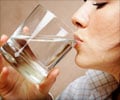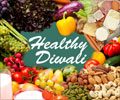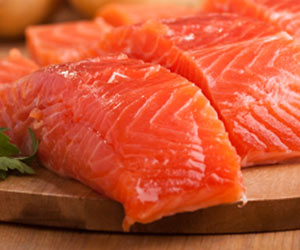Water insecurity affects dietary patterns among lower-income U.S. adults, leading to poorer diet quality and unhealthy beverage choices, driven by distrust in tap water.
- Over 50% of lower-income adults reported some form of water insecurity
- Water insecurity was linked to lower diet quality and higher sugary drink intake
- Women, gender-nonconforming individuals, and minorities reported higher water insecurity
Water insecurity: A barrier to healthy eating
Go to source). Recent research has highlighted a connection between indicators of water insecurity and lower dietary quality among lower-income adults. Despite the regulation of water quality in public systems, challenges such as aging infrastructure, health-based regulatory violations, and financial constraints disproportionately impact marginalized communities, leading to water distrust and avoidance.
Water insecurity can lead to increased consumption of sugary drinks. #waterinsecurity #medindia #diet’
Findings on Water Insecurity and Its Impact on Dietary Habits
A cross-sectional, web-based survey was administered to 1,789 adults with incomes below 250% of the federal poverty guidelines. The survey gathered data on participants' perceptions of tap water safety, their avoidance of tap water, beverage intake, dietary intake frequency, and sociodemographic information.Prevalence of Water Insecurity: Over half of the surveyed adults reported some form of water insecurity. Notably, 48% of participants did not believe their tap water was safe to drink.
Demographic Variations: Water insecurity indicators varied significantly across different socio demographic groups. Higher rates were observed among women and gender-nonconforming individuals, minoritized racial and ethnic groups, lower-income populations, and food-insecure adults.
Diet and Beverage Intake: Indicators of water insecurity were linked to poorer diet quality. Specifically, participants with water insecurity had lower tap water intake, higher bottled water consumption, and increased intake of sugar-sweetened beverages.
Influence of Water Insecurity on Dietary Choices and Public Health
The research underscores the role of water insecurity in shaping dietary patterns and habits among lower-income adults. The findings suggest that water insecurity may contribute to lower diet quality and unhealthy beverage choices. This issue is compounded by distrust in tap water and concerns about its taste, which are prevalent among affected populations. This study adds to the existing literature by comparing different measures of water avoidance and trust. It provides valuable insights into how perceptions of water safety and water avoidance relate to nutritional outcomes, offering a new perspective on water insecurity's impact on diet.Water insecurity presents a significant barrier to healthy eating, particularly among lower-income adults. As this issue gains recognition, addressing the challenges associated with water quality and availability is crucial for improving dietary outcomes and overall public health. Continued research and targeted interventions will be essential in bridging the gap between water insecurity and nutritional health.
- Water insecurity: A barrier to healthy eating - (https://nutrition.org/water-insecurity-a-barrier-to-healthy-eating/)
Source-Medindia
















